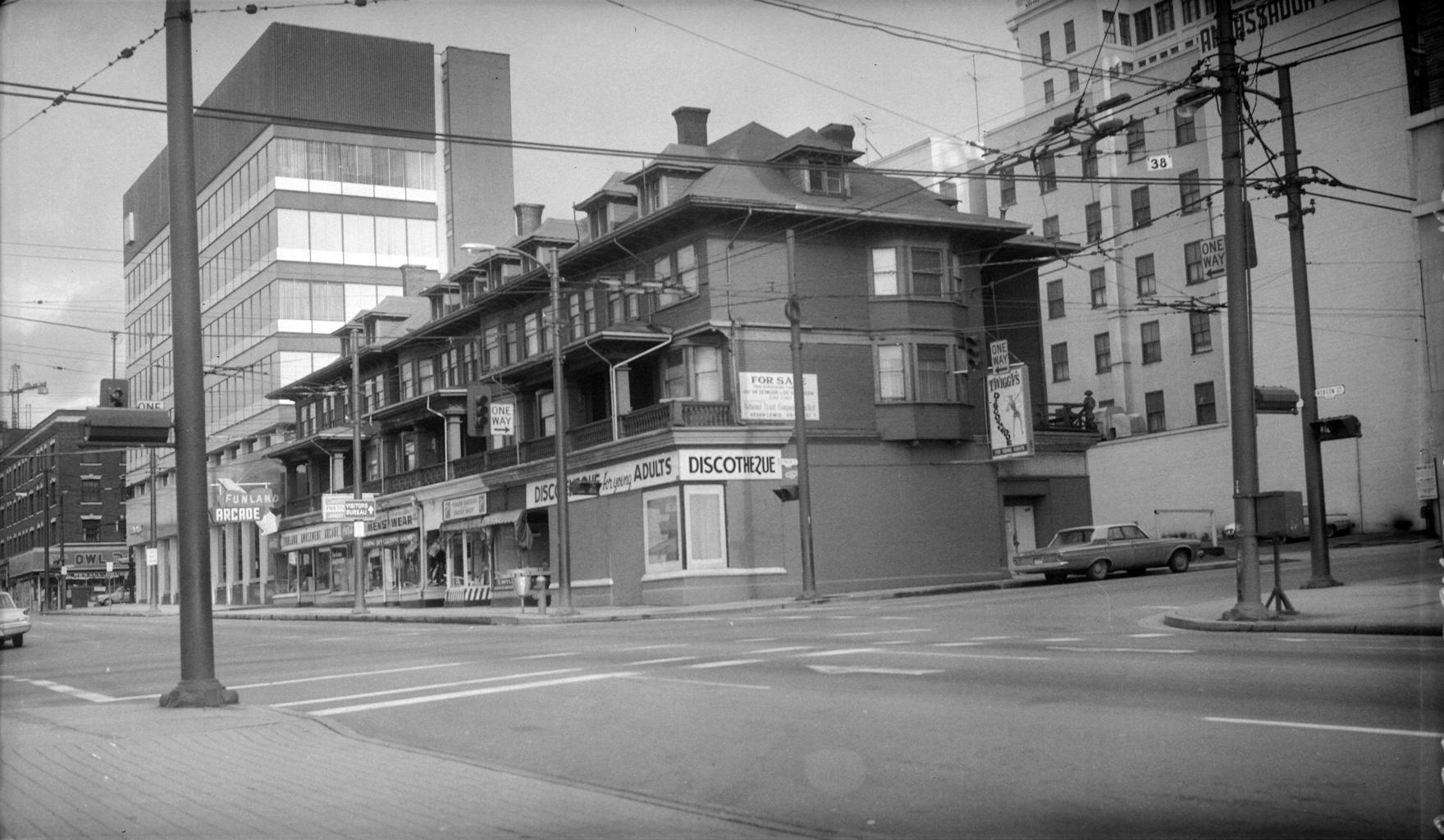The doctrine of frustration of purpose requires that "the frustrated purpose must be so completely the basis of the contract that, as both parties understood, without it, the transaction would have made little sense"(Crown IT Services, Inc. v Koval-Olsen, 11 AD3d 263, 265, 782 NYS2d 708 [1st Dept 2004]). "[T]his doctrine is a narrow one which does not apply unless the frustration is substantial"(id.). Here, the lease was for office space in a building and the tenant's business was devastated by a pandemic. That does not fit into the narrow doctrine of frustration of purpose. Simply put, defendants could no longer afford the rent because restaurants no longer needed the management help that the tenant provides.
This is not a case where the office space leased was destroyed or where a tenant rented a unique space for a specific purpose that can no longer serve that function (such as a factory that was condemned after the lease was signed or a agreeing to rent costumes for a specific play to be performed at a specific theater on specific dates but the theater burned down before the first rental date). To be clear, the Court takes no position on what circumstances might permit the implication of a frustration of purpose doctrine under a generic office lease. The Court merely concludes that it does not apply here, where the tenant rented office space, the tenant's industry experienced a precipitous downfall and the tenant to no longer be able pay the rent.
Similarly, the Court finds that the impossibility doctrine does not compel the Court to deny the motion. "Impossibility excuses a party's performance only when the destruction of the subject matter of the contract or the means of performance makes performance objectively impossible. Moreover, the impossibility must be produced by an unanticipated event that could not have been foreseen or guarded against in the contract" (Kel Kim Corp. v Cent. Markets, Inc., 70 NY2d 900, 902, 524 NYS2d 384 [1987]).
It is critical to point out that the tenant merely provided restaurants with consulting services. It was not shut down by any public health directives. In other words, the tenant was one step removed from the governor's public health orders relating to restaurants because their business assists restaurants.[1] It appears that restaurants no longer needed assistance with human resources, payroll or accounting, not because of anything plaintiff did (or failed to do). Sometimes that happens in business—an industry changes overnight.
And although restaurants were required to scale back certain operations (such as indoor dining) because of the pandemic, they were not fully shut down. Many food establishments decided to shut down because of the financial consequences from both the pandemic and the public health orders, but that does not mean there was a "destruction of the subject matter" contemplated in the contract at issue here, which was for office space on the twelfth floor of an office building. The Court is unable to find that the doctrine of impossibility has any application here.
The undisputed fact is that the lease was for office space in a building and the tenant stopped making payments. Nothing in the lease provides a remedy for a situation like this. The landlord never agreed to make paying the rent contingent on the tenant being able to afford it. The Court declines to step in and unilaterally modify the parties' contract and tell the landlord that it should not be able to enforce the agreement it signed with a tenant.
And the parties included a safeguard: this landlord agreed to a good guy guaranty, thus lessening the guarantor's risk if the tenant went out of business so long as certain obligations were satisfied. The guarantor is only responsible for rent for the time the tenant is actually in possession and had the power to return the premises to the landlord. Here, the tenant waited five months to return the premises to the landlord — yet the tenant and guarantor ask this Court to absolve them of their obligations. The Court declines to ignore a clear contractual provision designed to address the situation at issue here—where the tenant stops paying the rent and retains possession of the premises.
......"








No comments:
Post a Comment
Note: Only a member of this blog may post a comment.